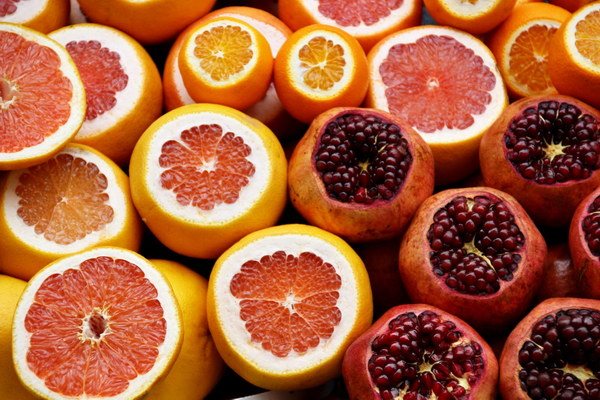Essential Health and Wellness Tips for the Elderly
As we age, it becomes increasingly important to prioritize our health and well-being. Maintaining a healthy lifestyle can help us enjoy a better quality of life and reduce the risk of chronic diseases. Here are some essential tips for elderly individuals to maintain good health and wellness.
1. Regular Physical Activity
Exercise is crucial for maintaining physical and mental health in old age. Engaging in regular physical activities can help improve flexibility, strength, balance, and endurance. It is recommended to incorporate a mix of aerobic, strength, and flexibility exercises into your daily routine. Some suitable activities for the elderly include walking, swimming, tai chi, and yoga.
2. Balanced Diet
A balanced diet is essential for maintaining good health. Older adults should focus on consuming a variety of nutrient-rich foods, including fruits, vegetables, whole grains, lean proteins, and healthy fats. It is important to ensure that your diet provides adequate amounts of vitamins, minerals, and other essential nutrients to support overall health. Consult with a nutritionist or doctor for personalized dietary advice.
3. Adequate Sleep
Quality sleep is essential for the elderly to maintain good health. Older adults tend to experience sleep disturbances, such as insomnia or sleep apnea. Establishing a regular sleep schedule, creating a comfortable sleep environment, and avoiding stimulants like caffeine and nicotine before bedtime can help improve sleep quality.
4. Social Interaction
Maintaining social connections is vital for the mental health of elderly individuals. Engaging with family, friends, and community activities can help reduce stress, depression, and feelings of loneliness. Participating in social groups, volunteering, or joining clubs can provide opportunities for social interaction and support.
5. Mental Stimulation
Stimulating the brain through mental activities can help maintain cognitive function and reduce the risk of cognitive decline. Engaging in activities such as reading, puzzles, learning a new skill, or participating in discussions can help keep the mind active and sharp.

6. Regular Health Check-ups
Regular health check-ups are crucial for detecting and managing any potential health issues in elderly individuals. It is essential to keep in touch with healthcare professionals to monitor blood pressure, cholesterol levels, blood sugar, and other vital signs. Early detection and treatment of medical conditions can help prevent complications and improve overall health.
7. Stress Management
Stress can have a significant impact on the health of elderly individuals. Finding effective stress management techniques, such as meditation, deep breathing exercises, or engaging in hobbies, can help reduce the risk of stress-related health problems.
8. Hydration and Medication Management
Proper hydration is essential for maintaining good health in old age. Older adults should drink plenty of water throughout the day and monitor their medication to ensure they are taking it as prescribed. It is also important to be aware of potential drug interactions and consult with a healthcare professional if any concerns arise.
9. Safety at Home
Creating a safe living environment is crucial for elderly individuals to prevent falls and injuries. Ensuring that walking paths are clear, installing grab bars in the bathroom, and using non-slip mats can help reduce the risk of accidents. It is also important to have emergency contacts readily available and consider using medical alert devices for added security.
10. Positive Attitude
Maintaining a positive attitude can significantly impact the health and well-being of elderly individuals. Focusing on the good aspects of life, practicing gratitude, and seeking support from loved ones can help improve mental health and overall well-being.
In conclusion, maintaining good health and wellness in old age requires a multifaceted approach that includes physical activity, a balanced diet, social interaction, mental stimulation, regular health check-ups, stress management, hydration, medication management, safety at home, and a positive attitude. By incorporating these tips into your daily routine, you can enjoy a better quality of life and reduce the risk of chronic diseases.





![Elixir of Beauty Unveiling the Secrets at [CityName] Skincare Spa](http://img.bluepurple.cn/a/养生/142/Elixir-of-Beauty-Unveiling-the-Secrets-at-CityName-Skincare-Spa.jpg)



